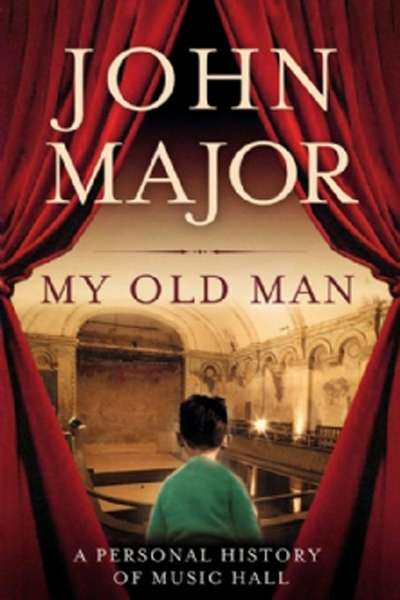Accessibility Tools
- Content scaling 100%
- Font size 100%
- Line height 100%
- Letter spacing 100%
Theatre
With aching feet, bursting bladders, and the odd carrot for sustenance, Samuel Beckett’s famous pair of tramps have shuffled on to the stage of the Sydney Theatre for an extended run, though run is hardly the apposite word for this stationary duo. Perhaps one could call it an extended slump.
Waiting for Godot (first pe ...
Over the past ten years, Melbourne and Sydney have experienced a revolution in the aesthetics of theatre – perhaps only the second major one since 1945. After World War II, the British helped to get us back on our cultural feet, the high point being the establishment of the Australian Elizabethan Theatre Trust in 1954. Along came a bunch of Poms or Pommie-mi ...
When I was a teenager, I attended a theatre workshop organised by Australian Theatre for Young People. Nick Enright, who led the workshop, told a story about seeing the opening-night production of David Williamson’s The Removalists (1971) from backstage. Twenty years on, Enright’s description of the look on the audience’s faces as they contemplated the ...
‘If men are masters of their fate,’ asks the American feminist Susan Faludi, ‘what do they do about the unspoken sense that they are being mastered, in the marketplace and at home, by forces that seem to be sweeping away the soil beneath their feet?’
... (read more)‘If men are masters of their fate,’ asks the American feminist Susan Faludi, ‘what do they do about the unspoken sense that they are being mastered, in the marketplace and at home, by forces that seem to be sweeping away the soil beneath their feet?’
Perhaps they go on a cruise. That, at least, is what Runt, Craze, Rabbit, and Geor ...
Jean Genet’s Les bonnes (The Maids, 1947) is inspired by a true story. Two maids, sisters, murder their wealthy mistress and are found by authorities soon after, huddled in the same bed. Incest as well? So it is odd to be confronted with a drama that essentially addresses the audience’s intellect, spring-boarding out of a melodramatic re-enac ...
There is at least one bravura performance in Melbourne right now, and it warranted a much larger house than we saw last week (February 1), when Southbank Theatre was only half full. The Royal Shakespeare Company’s production of William Shakespeare’s long poem The Rape of Lucrece was first seen in Australia during the recent Sydney Festival, but it was pre ...
Was there ever an Australian poet who drank so deep of that turbid spring, enthousiasmos, Aristotelian enthusiasm, as Dorothy Porter? From the grungy vitality of her early collections, to the exuberant embrace of popular genre fiction in her five verse novels, to the high, passionate tone of her lyrics, libretti, and later collections, she was never less than ...
How is it that the sordid ‘familial romance’ of Laius, Jocasta, and Oedipus, or ‘daddy, mommy, and me’, came so completely to define the concept of desire in the modern West? For Deleuze and Guattari, authors of The Anti-Oedipus, that is the true sphinxian riddle at the heart of the Oedipus materials, the myth, and its subsequent interpretations from Sophocles to Freud and beyond. Forty years after the publication of their famous broadside against mainstream Freudian psychoanalysis, and notwithstanding a significant and growing body of sceptical opinion, the Oedipal complex is still widely regarded as humanity’s universal history. In fact, argue Deleuze and Guattari, it is nothing of the sort. Rather, they say, Oedipal desire is an historically contingent, socio-cultural consequence of capitalism. When psychoanalysts, historians, sociologists, anthropologists, ethnologists, and even dramatists reach for an Oedipalised analysis of social relations, they not only violently disfigure our understanding of desire, but also reinforce and normalise the omnivorous progress of capitalism and its patriarchal social forms.
... (read more)
